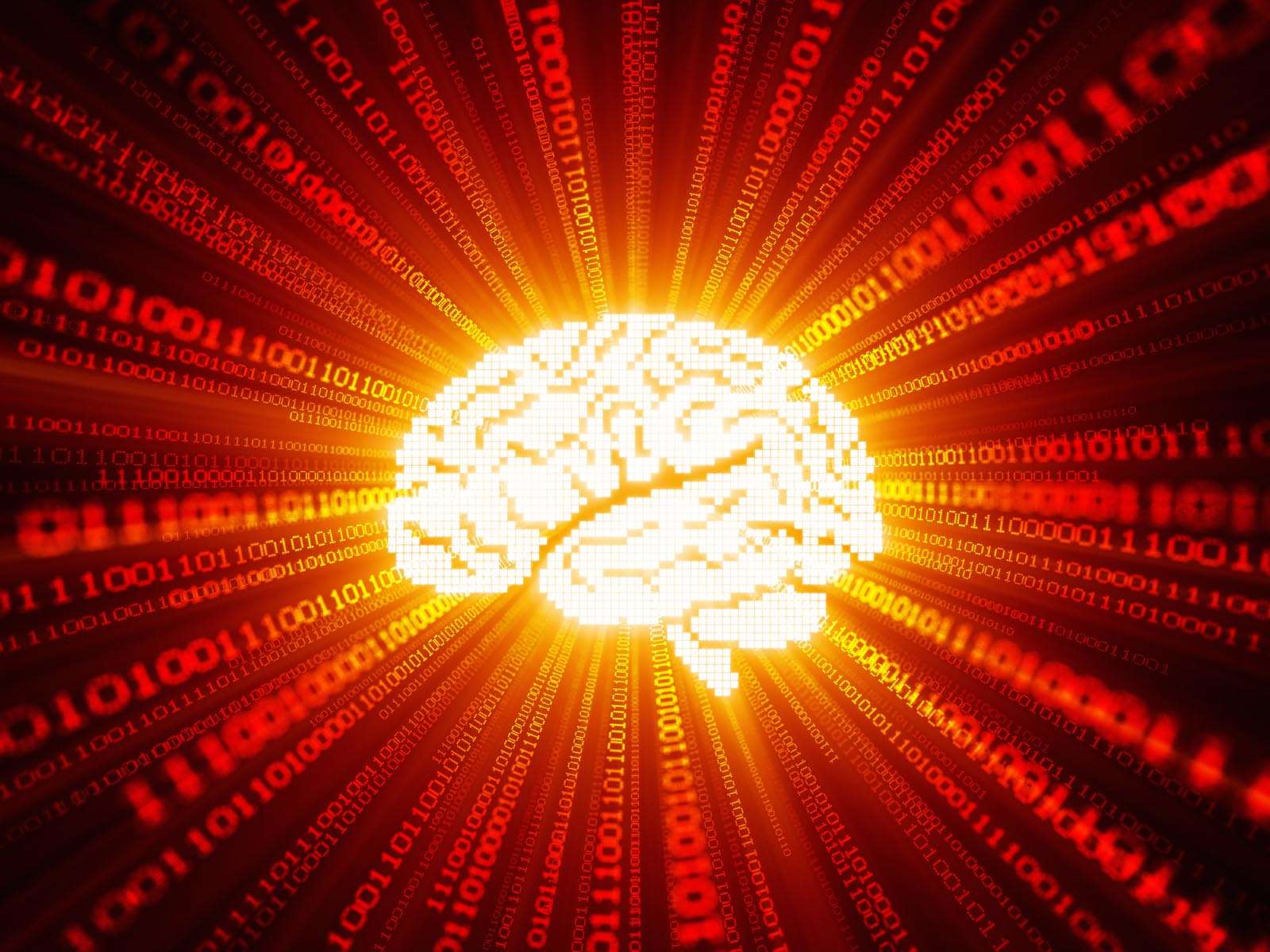Futurist Ray Kurzweil sees technology and innovation as an extension to our brain processing power and the key to a longer life.
Currently the director of engineering at Google where he's working - among other things - on artificial intelligence projects, Kurzweil is perhaps better known as an inventor, book author and frequent exponent of life extension via technological means.
Speaking via video link, Kurzweil told the recent Digital Disruption X conference in Sydney that he believed the pace of change in technology development would eventually add years to people's lives.
"Somewhere between 10 to 20 years from now - I believe closer to 10 than the 20 - technologies will be more than 1000x more powerful than they are today," he said.
"We'll be adding more than a year every year not just to the infant life expectancy but your remaining life expectancy.
"If you can hang in there another 10 to 15 years, we may get to see the remarkable century ahead."
Kurzweil's predictions on life expectancy have fascinated audiences for some time.
His presentation at Google's I/O conference last year, for example, saw him predict that human health would advance in similar leaps and bounds to that of Moore's Law (and other such laws that govern the pace of technology development).
The year prior, he told Maclean's magazine that life expectancy "was 20 a thousand years ago" and "37, 200 years ago".
"We're now able to reprogram health and medicine as software, and that [pace is] going to continue to accelerate," he told the magazine.
Kurzweil explained his vision for life expectancy to Maclean's as traversing a series of "bridges". Bridge one is to "come out younger on biological ageing tests", which he is tackling with a huge supplement diet.
He hopes that will lead to a second bridge - a "biotechnology revolution, where we can reprogram biology away from disease" - and ultimately to a third bridge, where nanobots in the body can augment our immune system - thus allowing people to "stay healthy and vital" for longer.
The limits of the mind
It's not just the body's life he hopes to extend using technology.
At the Digital Disruption X conference, Kurzweil spoke at length on intelligence and the power of the brain. His key point was that the brain, in its "enclosure", can only house so much - but that its power could be extended by technology advances.
"We're already expanding our intelligence with our devices and with the cloud and so on," he said.
"Ultimately we'll be able to expand our thinking to the cloud, and there we'll be subject to the law of accelerating returns and exponential growth.
"The primary application I see for artificial intelligence is to make ourselves smarter. That's what we've been doing with technology since we created technology."
Kurzweil has previously toyed with the concept of technology extensions for the mind. In particular, he has suggested the "ability to transfer the entire human mind to a computer" could be realised within 40 years.
Perhaps unsurprisingly, such predictions have drawn fierce criticism from within the science community. Miguel Nicolelis, a neuroscientist at Duke University, said Kurzweil's concept "would never happen" in remarks reported by the influential MIT Technology Review.
"There are a lot of people selling the idea that you can mimic the brain with a computer," he said, before adding, "The brain is not computable and no engineering can reproduce it."










